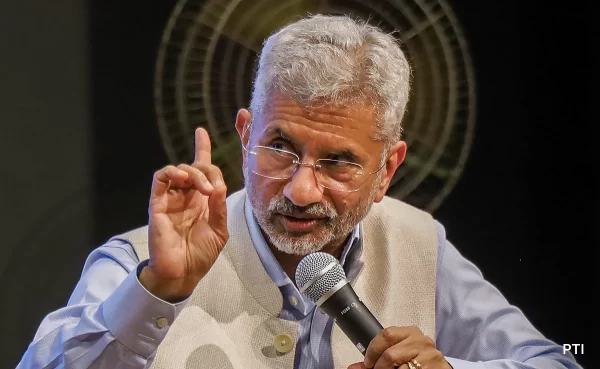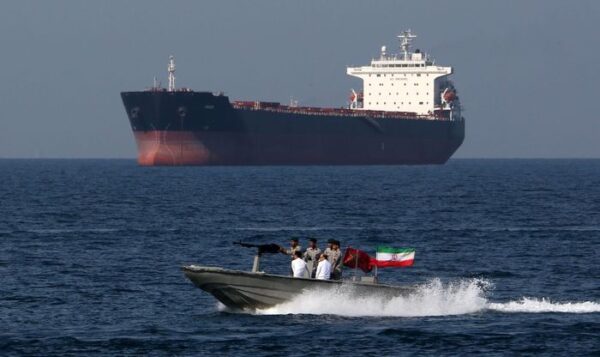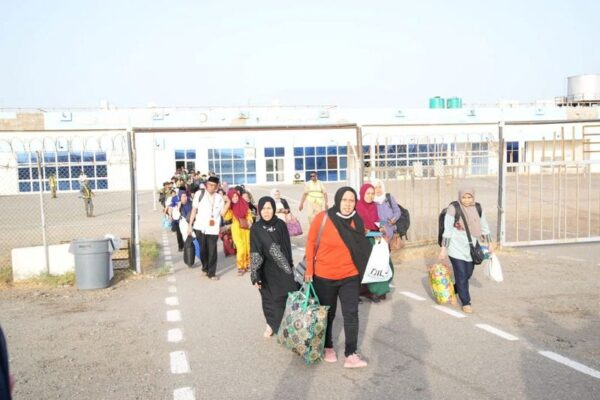US president Joe Biden on Monday held a phone conversation with Japan’s new prime minister Fumio Kishida, who succeeded Yoshihide Suga after winning the ruling party elections late last month. Extending his greetings to the newly-anointed leader, the US president vowed to work in tandem with Japan to challenge the increasing threat that Beijing poses in the East China Sea and the Indo-Pacific region. They also promised to deal with the aggravating blitz of North Korea, which has launched multiple missiles in waters just off the coast of Japan in recent weeks. Moments after the conversation, Kishida told reporters that Biden provided a “strong statement about US commitment for the defense of Japan, including… Senkaku.”
The Senkaku Islands (also known as ‘Diaoyutai Islands’ in China) are a set of uninhabited islets in the East China Sea fuelling a territorial dispute which has marred diplomatic relations between Tokyo and Beijing since at least the early 2010s. China, which continues to claim the Senkaku Islands as the country’s ‘inherent territory’, has rapidly built up artificial islands with military infrastructure in the region. In phone calls with the new Japanese premier, Joe Biden reaffirmed the United States’ commitment to defending the Senkaku Islands in the face of China’s increasing activity in the East China Sea.
The 20-minute phone conversation on Monday started with Biden congratulating Kishida on taking office. The leaders called each other by their first names – Joe and Fumio – and agreed to meet for their first in-person talks at an early date.
Although he acknowledged the need to continue dialogue with China, an important neighbour and trade partner, Kishida told Biden that “we must speak up” against China’s attempt to change the status quo in the East and South China Seas.
Kishida, a 64-year-old former foreign minister with an image as a consensus builder, is seen as a supporter of stronger Japan-US ties and partnerships with other like-minded democracies in Asia, Europe, and Britain, in part to counter China and nuclear-armed North Korea. Kishida has also pledged to strengthen Japan’s missile and naval defence capabilities, pointing out that acquiring the ability to strike enemy bases, a controversial step backed by Abe, was a viable option and that he would appoint an aide to monitor China’s treatment of its Uyghur minority.




